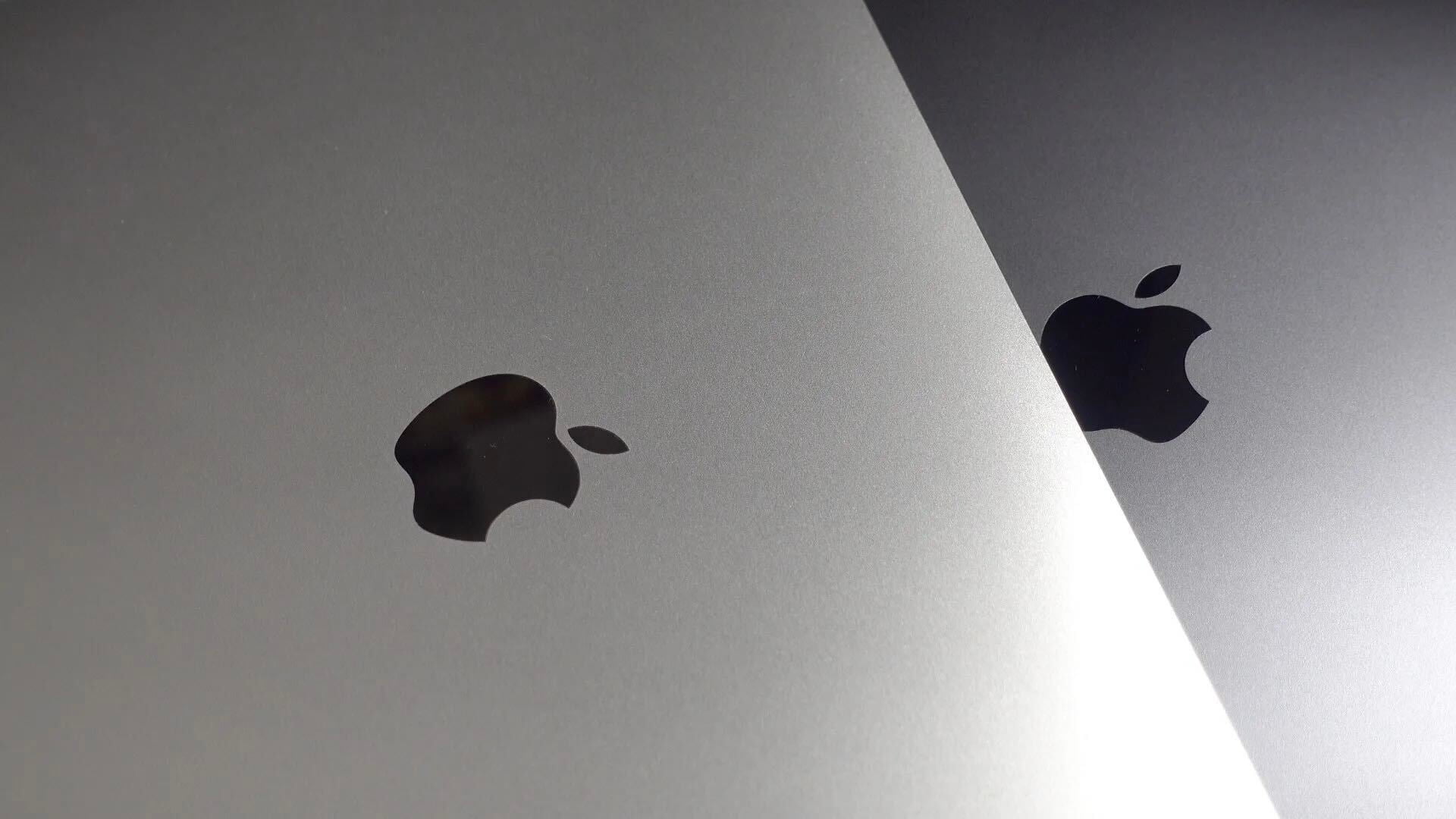
iOS 11 beta 6 (released earlier this week) includes a new feature to quickly disable Touch ID from the lock screen. Tapping the lock button five times to access the SOS screen or opening a Medical ID will cause the iPhone or iPad to temporarily reject all Touch ID attempts, requiring a passcode to unlock.
We have confirmed with sources that this behavior is intentional rather than a bug, as well as some explanation as to why it was added. Whilst in theory it can be used to prevent law enforcement from compelling suspects to unlock their device with fingerprint, it also helps protect people who have fallen unconscious…
To try this out for yourself, update to iOS 11 beta 6 and access the Medical ID from the lockscreen. After dismissing the view, you will find that a passcode is required to get back to your home screen. You can also press the lock button five times to open the SOS/Medical ID/Shutdown slider page, which also performs the same Touch ID lockdown.
The phone will only accept Touch ID again once a valid passcode has been entered. Although by no means foolproof, the new feature is an added layer of security for the owner’s data. If the iPhone owner falls unconscious and a bystander comes over to help, accessing the person’s Medical ID will automatically prevent the person from using the unconscious owner’s fingerprint to unlock the device against their will.
They can access the medical ID to help diagnose what might have caused the incident, but they can no longer unlock the device by placing the person’s hand on the Touch ID sensor.
Obviously, an intelligent crook could unlock the unconscious person’s device before entering the Medical ID or SOS modes but Apple is betting on most people being honest or the feature being enabled before the user loses consciousness. If the device owner is having a seizure, they can activate the SOS screen themselves to call their emergency contact with the knowledge that their device will be secure if they do lose consciousness or control of their body.
Similarly, if the first responder is an honest citizen and instantly accesses the Medical ID, the real owner of the phone will be secured if anyone else (such as police at the hospital bedside, for instance) attempts to force access by jamming their finger onto the fingerprint sensor.
With the upcoming ‘Face ID’ in iPhone 8, you can see how the same behavior defends against unconscious unlocks with face biometrics too.
The feature may also prevent some people from being forced into giving their data over to law enforcement; five presses of a physical button is faster and easier than attempting to turn off your phone before it is snatched out of your hand. The legal implications are a bit unclear; people have been jailed before for refusing to give their fingerprints.
Again, this will help in some situations and not others. Still, your chances are always higher than on a device running iOS 10.
iOS 11 should be released to the public sometime next month, alongside the new iPhone launch.
FTC: We use income earning auto affiliate links. More.






Comments